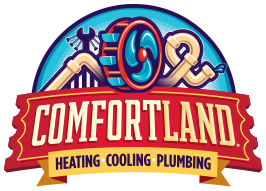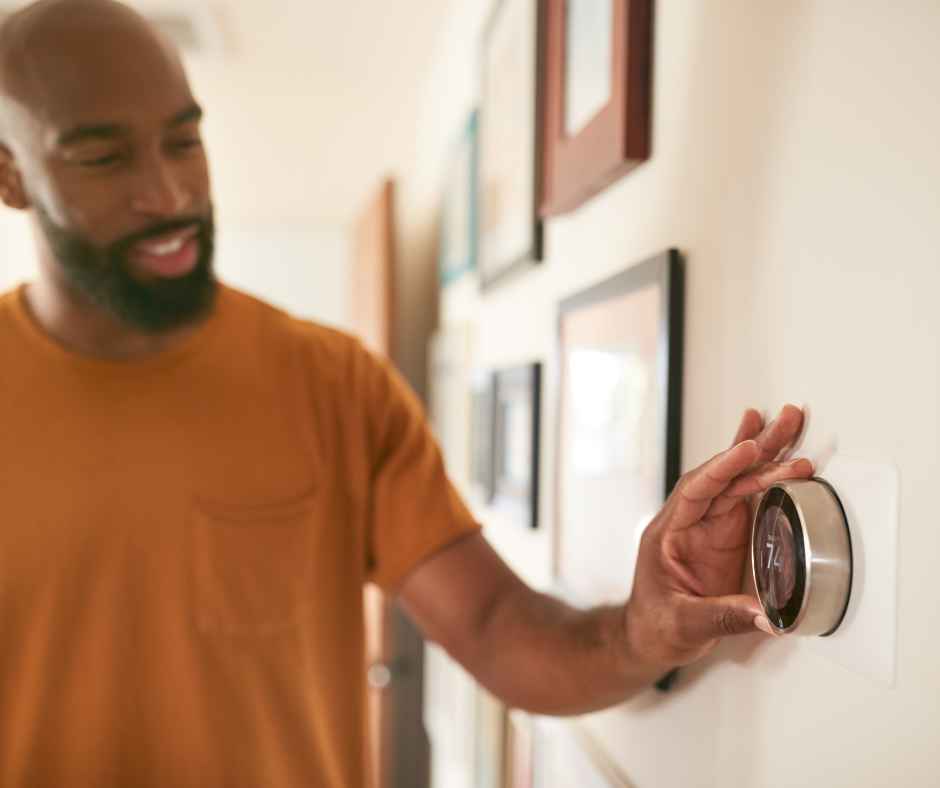
As winter approaches in Dallas, homeowners may find themselves wondering about the best ways to prepare their homes for the colder months. Dallas winters, though milder than in some regions, still demand a reliable heating system, and a well-maintained HVAC system is essential for comfort, energy efficiency, and safety. Here are key maintenance tips to prepare your HVAC system for the Dallas winter season.
1. Schedule a Professional HVAC Tune-Up
Regular maintenance by a qualified HVAC technician is crucial. An annual tune-up ensures your system is running optimally and minimizes the chances of unexpected breakdowns. During the visit, technicians perform tasks such as:
- Inspecting and cleaning components to prevent dust and grime build-up.
- Testing thermostat accuracy for optimal comfort and energy savings.
- Checking airflow to ensure your system can heat your home efficiently.
- Tightening electrical connections and lubricating moving parts.
A professional check-up can extend the lifespan of your system and ensure that it’s ready to keep your home warm.
2. Change Your Air Filters Regularly
Dirty filters are among the top causes of HVAC issues. They restrict airflow, making your system work harder and consume more energy. In Dallas, where dust and allergens are prevalent, it’s best to check and replace filters every 1–3 months. A clean filter can improve indoor air quality, prevent system strain, and reduce energy bills.
Tip: Consider using high-quality, pleated filters. These capture more allergens and particles than standard filters, providing cleaner air and reducing allergens inside your home.
3. Optimize Your Thermostat Settings
As temperatures cool, adjusting your thermostat settings can save energy. For optimal comfort in Dallas winters, set your thermostat to about 68°F when you’re home and awake. Lower it by 7–10°F when you’re asleep or away from home to save on energy.
- Consider a programmable thermostat: A programmable or smart thermostat automatically adjusts based on your schedule, making energy savings easy.
- Zoned heating: If you have a zoned system, set rooms according to their usage. Heat only the rooms you frequently use, reducing energy consumption without sacrificing comfort.
4. Inspect Your Ductwork for Leaks and Obstructions
Leaky ducts are one of the main reasons for heat loss in homes, leading to higher energy bills and inconsistent temperatures. Leaks cause warm air to escape before it reaches your living areas, forcing your HVAC system to work harder to compensate.
- DIY duct inspection: Walk around your home and listen for any unusual whistling noises coming from the ducts.
- Professional duct sealing: For a thorough check-up and sealing, a professional can use advanced techniques to detect and seal leaks efficiently, often improving heating efficiency by up to 20%.
5. Clear Around Outdoor HVAC Units
While your outdoor unit works primarily for cooling, Dallas winters can be unpredictable, sometimes causing debris to build up around your system. Clear away leaves, branches, and other debris from the unit before winter. Trim back plants and shrubs within 2-3 feet of the unit to ensure proper airflow.
Inspect your outdoor unit monthly during the fall and winter to make sure it’s free from obstructions. If snow or ice does accumulate during a rare Dallas cold snap, gently clear it off.
6. Seal Windows and Doors to Prevent Heat Loss
Even the best HVAC system can’t perform optimally if your home loses heat through drafty windows and doors. Before winter, inspect seals around all windows and doors. Use weather-stripping or caulk to close any gaps, and consider adding draft stoppers to doors to help keep warm air in.
Bonus Tip: Adding heavy curtains or window treatments can provide extra insulation. When closed, they help retain warm air and reduce drafts.
7. Check for Carbon Monoxide Leaks
Gas furnaces and other heating appliances can produce carbon monoxide (CO), a colorless, odorless gas that’s potentially deadly. To ensure your family’s safety:
- Install a carbon monoxide detector on each level of your home, ideally near bedrooms.
- Schedule an annual inspection of your gas furnace. An HVAC technician can detect any small leaks that may become dangerous over time.
8. Know When to Call for Repairs
If your HVAC system displays unusual behavior—such as making strange noises, producing insufficient heat, or cycling on and off too frequently—it’s time to call a professional. Early intervention can prevent costly breakdowns and more extensive repairs.
Signs to watch for: Grinding, banging, or clanging noises, uneven heating, and thermostat issues.
9. Consider an HVAC Upgrade
If your system is more than 10-15 years old, it might be time to think about an upgrade. Newer HVAC models are significantly more energy-efficient, which can reduce utility bills. Plus, they often offer additional features like variable-speed fans, zoning capabilities, and integration with smart thermostats.
Heat Pump vs Furnace
Many Dallas homeowners find heat pumps efficient for mild winters. However, a high-efficiency furnace might be more suitable if you prefer a warmer home or if winters seem to be getting colder.
Keep Warm and Comfortable This Winter
Preparing your Dallas home for winter doesn’t have to be overwhelming. Following these maintenance tips can help your HVAC system perform efficiently, keep energy costs manageable, and ensure your home remains comfortable through the season.
When you’re ready for a tune-up, repair, or upgrade, contact ComfortLand for trusted HVAC service in the Dallas area. Our technicians are here to make sure your home is winter-ready with reliable, efficient heating solutions tailored to Dallas homeowners’ unique needs.
Recent News
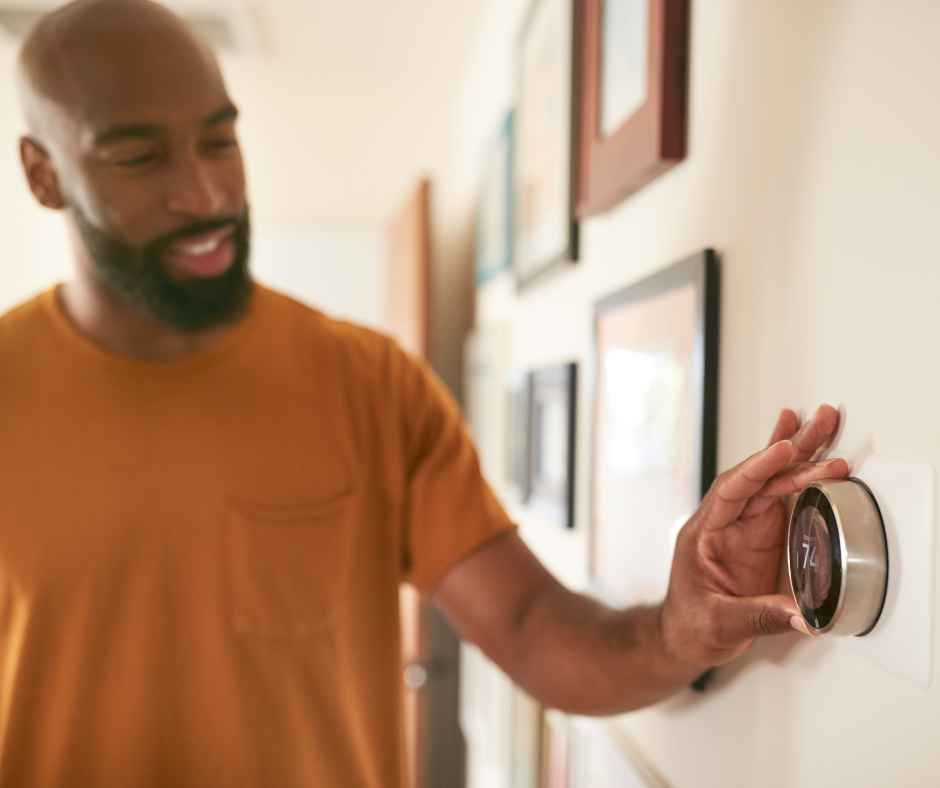
How to Improve Heating Efficiency in Dallas
Read More
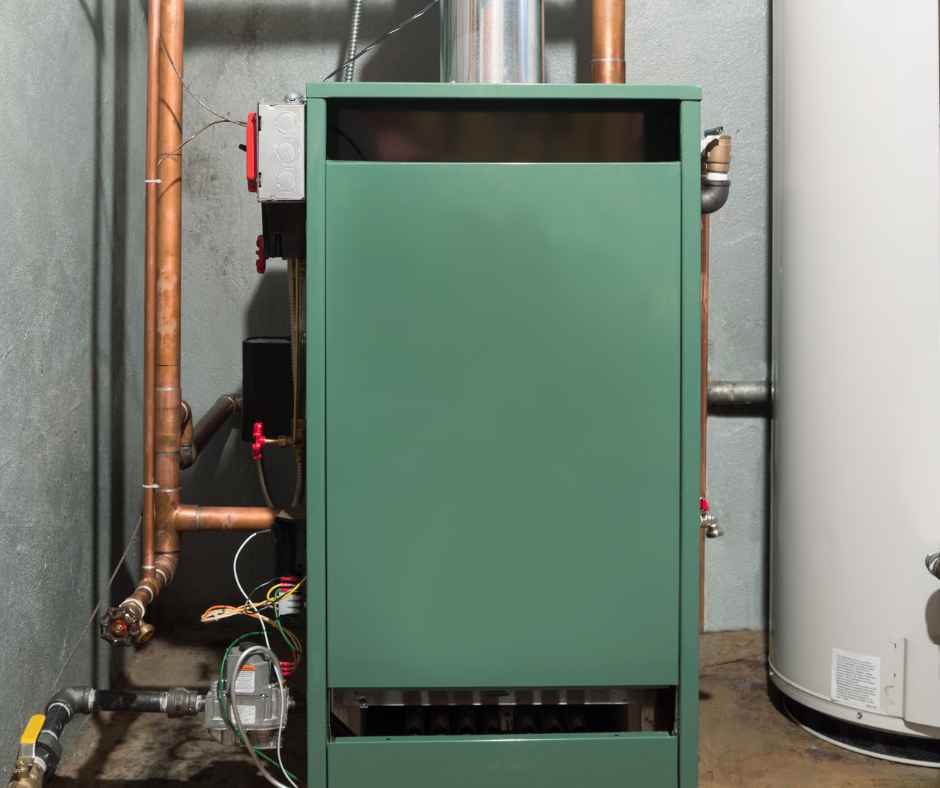
Is a Heat Pump or Furnace Better for Dallas? A Homeowner’s Guide
Read More
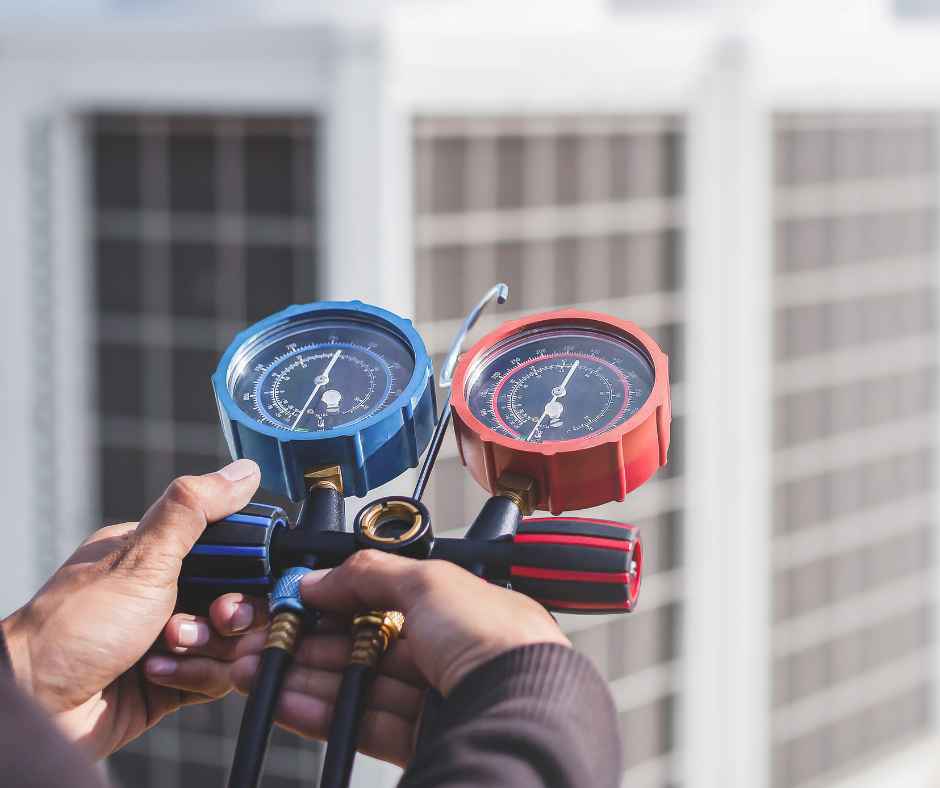
How Many BTU Do I Need?
Read More
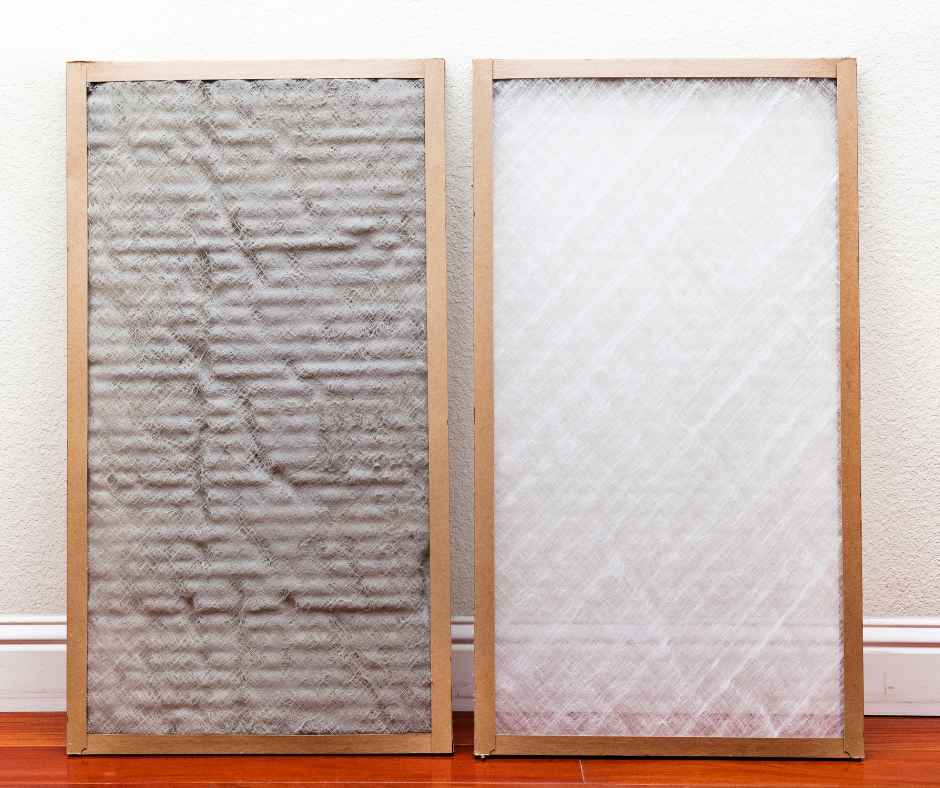
What MERV Rating Should I Use?
Read More
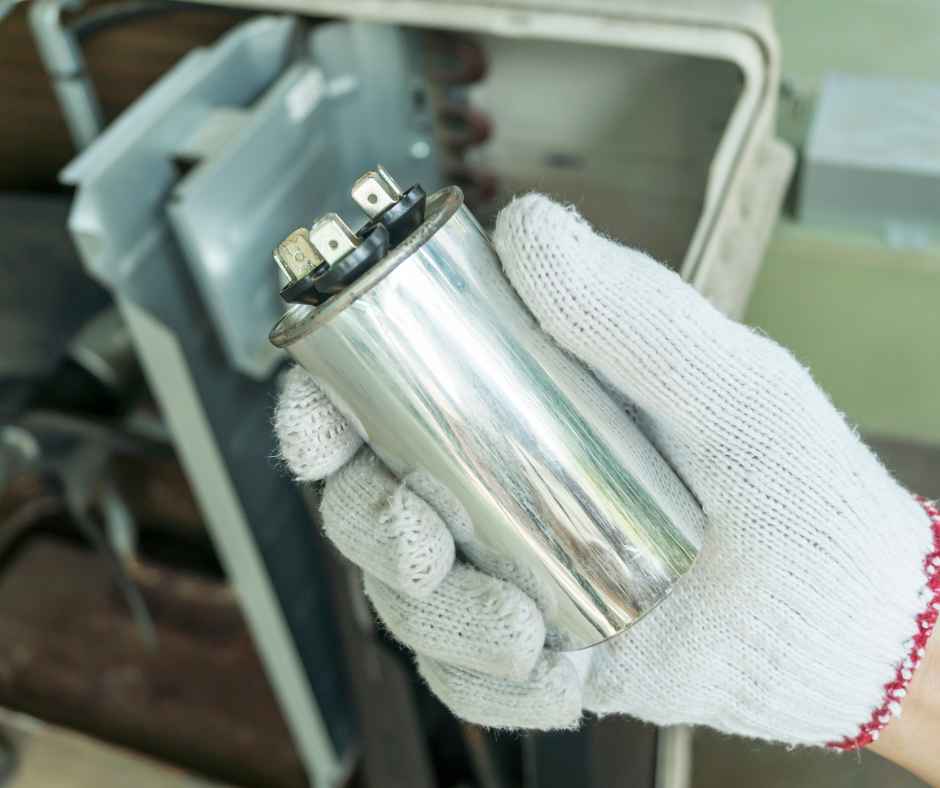
What Does a Capacitor Do?
Read More
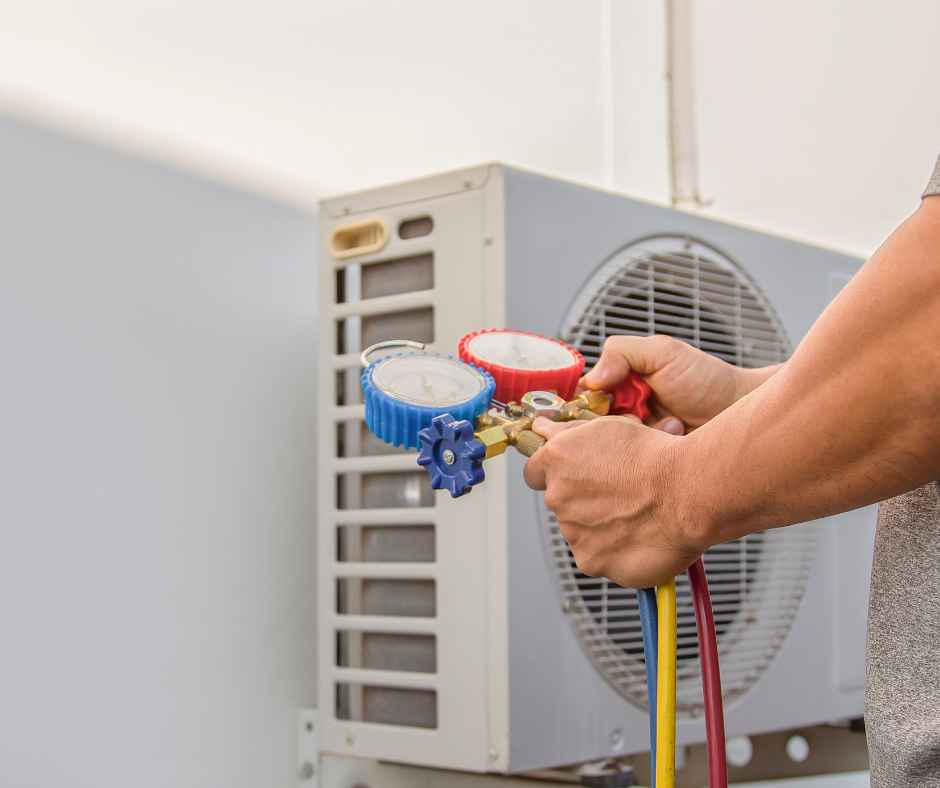
R-410A Refrigerant Phaseout: What Homeowners Need to Know
Read More
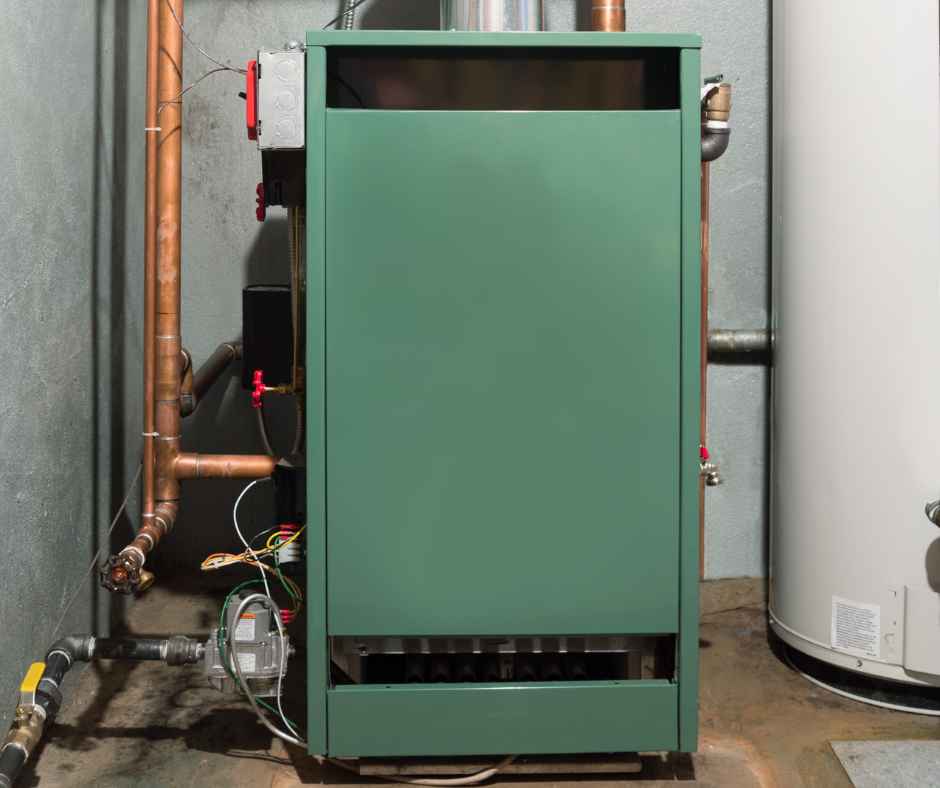
My Furnace Won’t Turn Off
Read More
